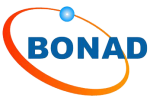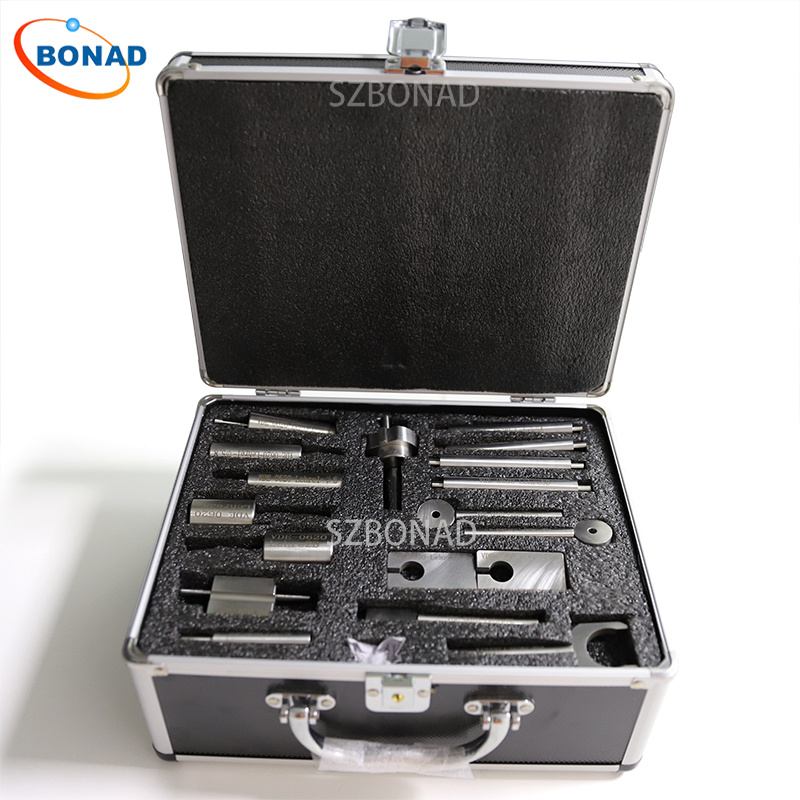Consumers often feel reassured when they see a certification mark on a product from a reputable source. However, many are unaware of what these marks actually signify, and numerous brands are uncertain about the necessity of these credentials. If you’re wondering whether your company’s product should seek UL certification, you’re not alone.
What is UL?
UL stands for Underwriters Laboratories, a third-party testing, inspection, and certification company. There isn’t a single overarching UL credential; instead, products can bear marks such as UL Certified, Listed, Recognized Component, Classified, or Performance Verified. While these tiers share some similarities, there are crucial distinctions that businesses need to understand to determine the best certification path.
Why is UL Certification Important?
For many brands, understanding UL certification and its benefits is essential. Although certifying products can be costly, prioritizing consumer and staff safety is crucial. Safety certifications can help ensure brand loyalty and contribute significantly to long-term success.
What Does UL Listed Mean?
The UL Listed Mark signifies that a stand-alone consumable product has undergone rigorous testing by Underwriters Laboratories. Products with this mark meet nationally recognized standards for sustainability and safety and are free from foreseeable risks of electric shock or fire in specific environments. This mark provides peace of mind for consumers regarding the safety of their products and enhances the brand image for manufacturers.
Common items that often carry the UL Listed mark include:
- Heaters
- Furnaces
- Life jackets
- Smoke detectors
- Sprinkler systems
- Electrical appliances
- Bullet-resistant glass
- Computer equipment
- Carbon monoxide detectors
Compared to the UL Recognized Component Mark, achieving UL Listed status is more challenging due to the extensive testing involved.
What Is UL Certification?
UL Certification is an umbrella term encompassing various safety certifications offered by Underwriters Laboratories (UL). Founded in 1894 in Chicago, UL is the oldest and largest third-party testing laboratory in the U.S. Consumers trust UL Certification to ensure product safety, and manufacturers must adhere to these industry standards when creating new products.
There are over 20 types of UL Certifications, including UL Listed and UL Recognized Components. A product or service with a UL Certification meets local and federal environmental and safety regulations. The presence of a UL Mark indicates adherence to quality and safety standards.
The Difference Between UL Listed vs. UL Certified
Generally speaking, “UL Listed” and “UL Certified” are terms used interchangeably under various contexts within the organization. Both terms indicate third-party verification of compliance with scientific quality, security, or safety standards.
What Is the Difference Between UL Listed and UL Recognized Component?
The primary distinction lies in their application: while the UL Listed mark applies to end products ready for consumer use, the UL Recognized Component mark pertains to parts used within other products. This ensures machinery’s efficiency and safety by verifying that components meet specific standards.
UL vs. CE Certification
In Europe, CE (Conformité Européenne) marks serve a similar purpose as UL marks in the U.S., indicating compliance with European standards for electronics. However, unlike optional UL certification in the U.S., CE marking is legally required for certain products in Europe.
Is UL Certification Required?
Though not legally mandated for all products sold in the U.S., most retailers prefer carrying products with safety certifications like those provided by UL. Ensuring product safety through such certifications can be critical for market acceptance.
How to Get Your Product UL Certified
- Visit the Official Website: Begin by visiting the official website of
Underwriters Laboratories. - Submit a Sample Product: Send a sample product for testing.
- Pay Testing Fees: Pay any associated fees for testing.
- Receive Your Certificate: Once your product passes all necessary tests, you will receive a certificate allowing you to use the official UL logo on your product.
Cost of Certification
The cost varies based on several factors such as product type, number of products being certified, industry specifics, and scope of evaluation or certification.
By understanding these aspects of UL Certification vs. being simply “UL Listed,” brands can make informed decisions about which certifications best suit their needs while ensuring consumer safety and trust.
Contact BONAD for UL Listed Products
We specialize in the high quality of: electronic safety tester, accessibility test probe and test finger, laboratory test equipment and test Chamber, waterproof test equipment, environmental test Equipment, freezing test package, all kinds of gauge and sensor and so on.


